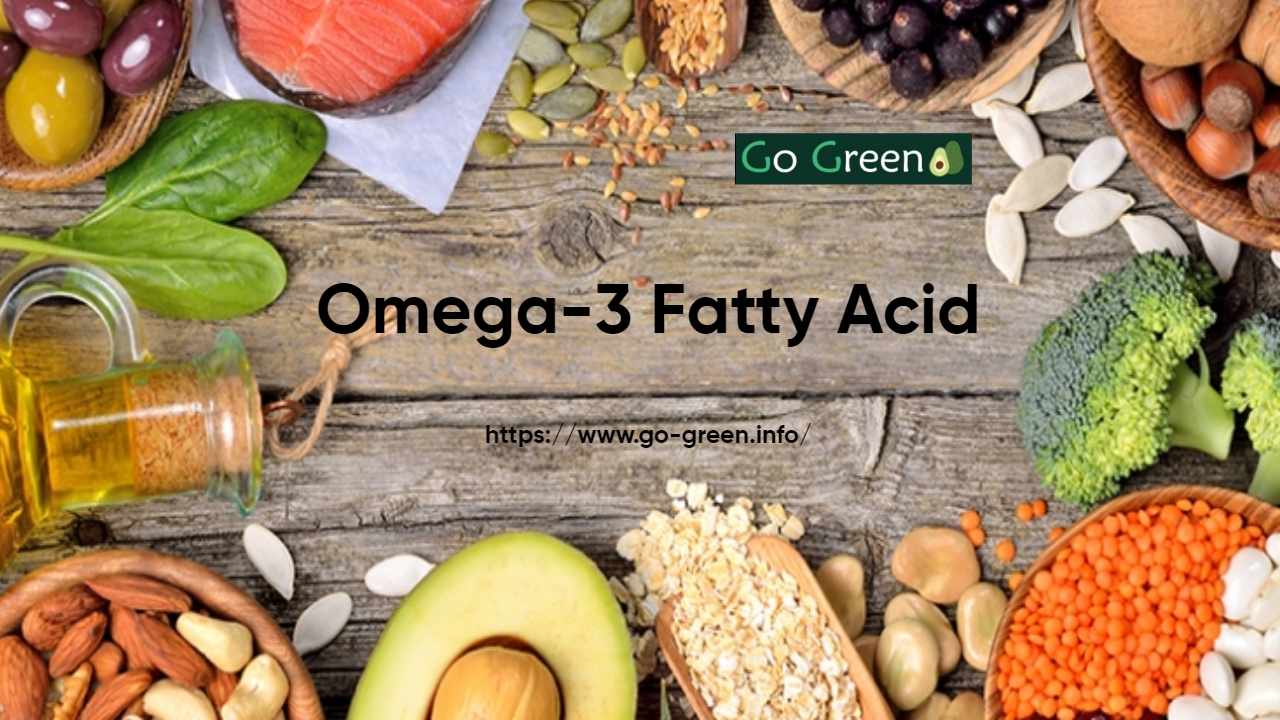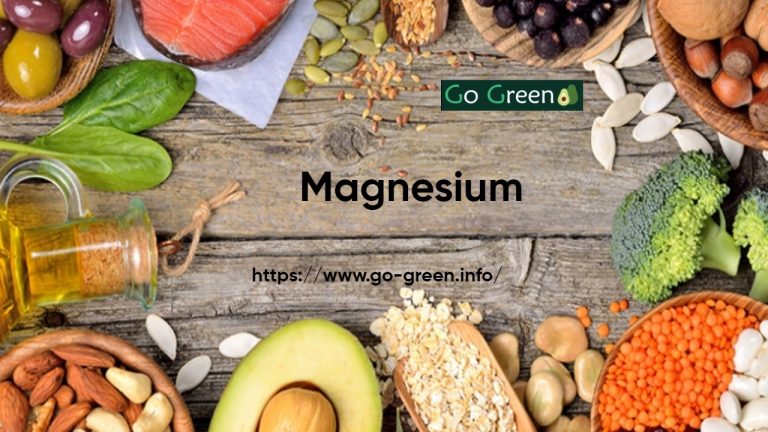Omega 3 fatty acid

Omega-3 fatty acids are a type of fat the body cannot make on its own. They are essential fat, which means they are needed to survive. We get the omega-3 fatty acids we need from the foods we eat.
Omega-3 Fatty Acids help improves my health.
Omega-3 fatty acids can improve your cardiovascular health. EPA + DHA, but ALA can also help improve your health. The benefits of including omega-3 fatty acids in your diet include:
- Reduced risk of cardiovascular disease.
- Reduced risk of death if you have cardiovascular disease.
- Reduced risk of sudden cardiac death caused by an abnormal heart rhythm.
- Reduced risk of blood clots because omega-3 fatty acids help prevent blood platelets from clumping together.
- Keeping the lining of the arteries smooth and free of damage that can lead to thick, hard arteries. This helps keep plaque from forming in the arteries.
- Lowering triglyceride levels by slowing the rate they form in the liver. High levels of triglycerides in the blood increase the risk of heart disease.
- Less inflammation. Atherosclerosis (hardening of the arteries) is thought to involve your body’s inflammatory response. Omega-3 fatty acids slow the production of substances that are released during the inflammatory response.
Omega-3 fatty acids may also:
- Raise levels of high-density lipoprotein (HDL/“good” cholesterol).
- Lower blood pressure. People who eat fish tend to have a lower blood pressure than those who don’t.
Symptoms of omega-3 fatty acids deficiency
Skin irritation and dryness
Mood swings and depression
Poor blood circulation
Joint pain and stiffness
Poor memory
Dry eyes
Hair Changes
Sources rich in omega-3 fatty acids
Seeds and nuts
Chia seeds
hemp seeds
Flax seeds
Walnuts
Beans
Edamame beans
Kidney beans
Important Tips
Omega-3 fatty acids are an important part of the diet and essential to your health.
If you don’t eat fish because of dietary reasons or personal preference, you can still reap the benefits of omega-3 fatty acids in your diet.
By either incorporating a few omega-3-rich foods into your diet or opting for a plant-based supplement, it’s possible to meet your needs, seafood-free.



